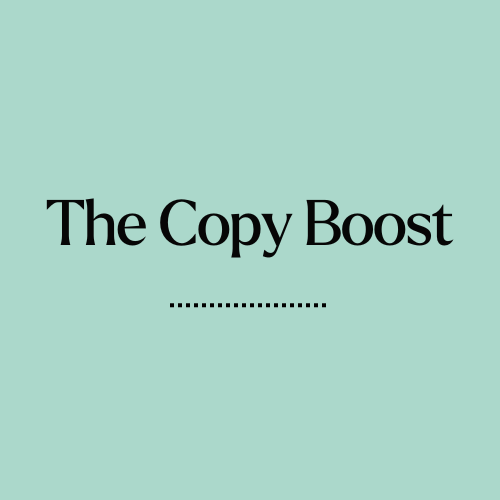
Every single time I want to write something, I answer three questions first.
What do I want my reader to know when they’ve read this?
What do I want my reader to feel when they’ve read this?
What do I want my reader to commit to doing when they’ve read this?
KFC. Know, Feel Commit
Now, I’m not going to claim I came up with these three questions <insert anecdote about how even the greatest writers aren’t original>.
I learned the KFC formula on a course run by ace copywriter Andy Maslen (sometime too long ago for me to want to talk about it). But, while he may have refined it, he didn’t come up with it either.
You might have heard of Know, Feel, Commit as Know, Feel, Do, or Think, Feel, Do (slightly different, but essentially the same thing). You can choose whichever resonates best with you (or whichever you think you’ll remember best).
However you refine or define it, it’s about knowledge, emotion and action.
And it’s not just used in copywriting. If you Google Know, Feel, Do, most of the links you’ll get to are related to running corporate training sessions or even group coaching. This isn’t about writing, as much as about how we think.
What do I want my reader to know?
What do you want people to know when they’ve read your website, latest blog or social post? This is the easy part (but don’t be tempted to skip it, even if you think it’s obvious). It helps to focus your mind, and by extension your reader’s mind.
It might be:
- Who you are
- What results you can achieve for them
- What programmes, courses or products you sell
- The details of some of your knowledge that you know can help your reader
For this blog, I want you to know what KFC is and how you can use it to structure your own writing.
What do I want my reader to feel?
This is about emotion and can be trickier to put into words. But without emotion, people won’t respond to what you write.
You might want them to feel:
- That you understand their problems
- That you’re someone who’ll take the time to listen to them
- That you’re a respected expert
- That you can help them achieve an important goal – such as making or saving money, saving time, achieving greater happiness or peace.
For this blog, I want you to feel that I’m someone who knows my stuff when it comes to copywriting and that I can use that knowledge to help you grow your business.
What do I want my reader to commit to?
If you’re writing a sales letter or landing page, this is usually pretty obvious, as you’re writing in order to elicit a particular response (to download something, or buy something from you). If you’re writing a blog or web page, it might not be quite so clear.
But even if the writing you’re doing is about branding or sharing knowledge rather than direct sales, it’s important to have an action attached to it. Sometimes, business owners feel weird about doing this. They don’t want to feel like they’re being too salesy.
I’ve had many clients who’ve said ‘but I don’t care about action! I just want to share what I know’. And that’s great, but what if, when they’ve read your blog, they really want to know more about how to work with you? Tell your reader what the next step is. It’s up to them if they choose to take it.
That next step or action might be:
- To download your lead magnet
- To book a call
- To buy your product or service
- To join your Facebook group or follow you on social media
- To click on a page on your website
For this blog, I want you to commit to joining my Facebook group, The Introvert Women’s Remarkable Content Studio. There, you’ll get content related to every blog I write, including live video trainings. Plus you’ll be part of a friendly community of like-minded women who, like you, want to write better copy and grow your business.
Maybe you’re already a member, or maybe you’re just not interested. But the offer is there for those who want to take it up.
Knowledge, emotion and action
I can’t think of much (or any) human endeavour that doesn’t involve knowledge, emotion and action. So while KFC might seem simplistic or basic, it works because it gets to the heart of who we are and why we do things.
A participant in a workshop I ran once, in which I asked people to use KFC, told me she didn’t want to use it because it seemed too simple.
But when it comes to writing copy, simplicity nearly always = effectiveness.
